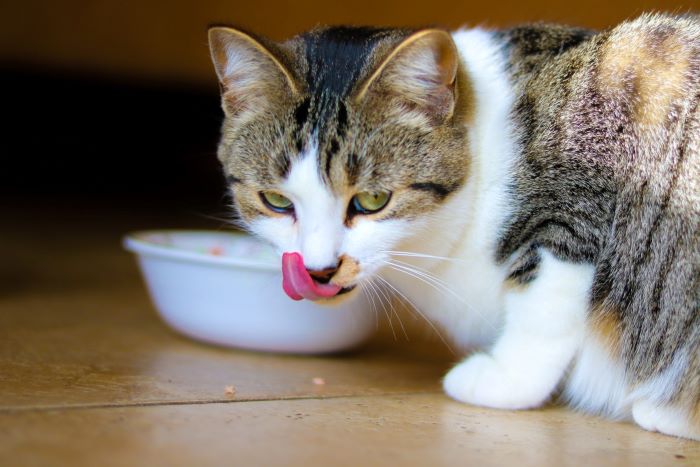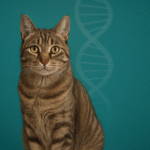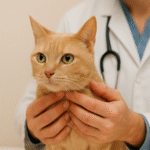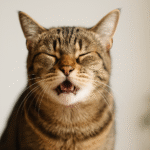Once your pet is 7 years old, another dietary change becomes necessary. As people and animals age, many organ systems begin to show the effects of wear and tear.
The kidneys especially begin to lose the ability to handle waste materials that must be removed from the bloodstream and excreted in the urine.
Even older cats that appear to be in perfect health could have kidneys that function much less effectively than they used to.
Guidelines for feeding the older pets include
- Feed a high-quality pet food specifically designed for the senior pet. A veterinarian can advise you of any special health problems that your pet already has and any other dietary changes that might be necessary. In many cases of “old age” diseases, special foods can be prescribed along with medication to help manage these conditions. For instance, studies have shown that feeding a diet rich in antioxidants can help lessen age-related senility.
- If you notice your older pet gaining or losing weight, consult with a veterinarian about any changes in diet that can correct the problem. At the same time, the vet will check for any medical problem that might be contributing to the change in weight.
- Do not supplement your older pet’s diet with anything unless a veterinarian specifically recommends it. Senior digestive systems are even more sensitive than younger ones to the unbalancing effects of frequent snacks, treats, and table food added to the diet.
- Take your “senior” for regular (at least once a year) medical checkups to catch problems early or prevent them altogether. The right diet throughout life is an important part of a sound preventive medicine program to safeguard the health and long life of your treasured pet.
- Keep fresh, clean, filtered water available at all times.
Dietary Management of Disease
For years, medical research has been telling us about the benefits of eating a well-balanced diet for good health. In addition, we also know that special modification of the dietary intake in the presence of a disease state can be helpful in the treatment and/or long-term management of the condition. This same nutritional health concept can be applied to cats as well.
Many disease conditions in cats, such as obesity (yes, obesity is a disease!), heart disease, kidney disease, and gastrointestinal disease, can be effectively controlled, and sometimes even cured, through diet modification alone.
For example, obesity, constipation, certain types of colitis, and diabetes mellitus all warrant an increase in the amount of fiber present in the ration.
Cats suffering from certain types of feline lower urinary tract disease benefit from diets that acidify the urine and contain low levels of magnesium and other trace minerals.
Finally, recommended management of cats suffering from kidney disease includes diets low in phosphorus and containing only the highest quality proteins.
These special diets or rations aimed at fighting or counteracting diseases can be purchased through a veterinarian, or can be prepared at home via veterinary-supplied recipes.
In general, the commercially prepared products are preferred over the homemade rations. The cost of these diets is negligible when compared to continuing veterinary bills and the poor quality of life that would result by not feeding them.
Just remember to follow the veterinarian’s directions closely as to amounts and frequency of feeding of these diets if they are indeed used.
